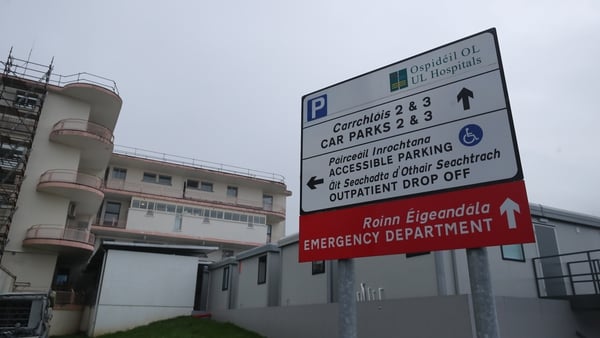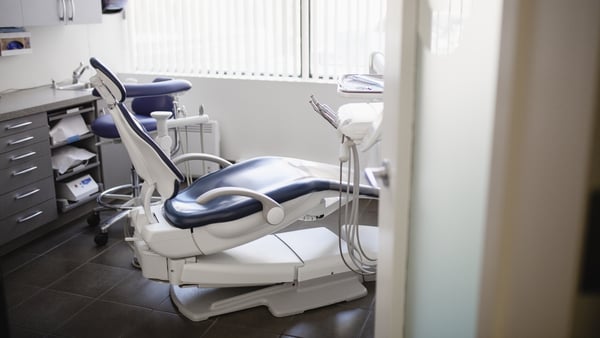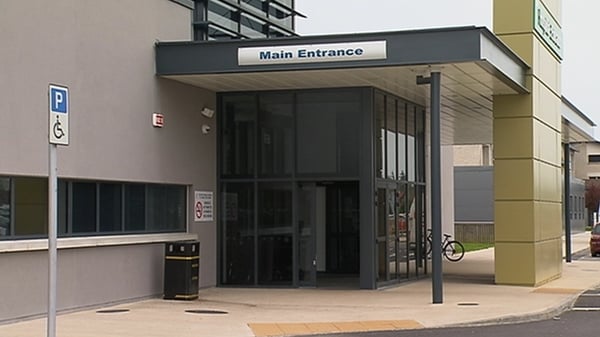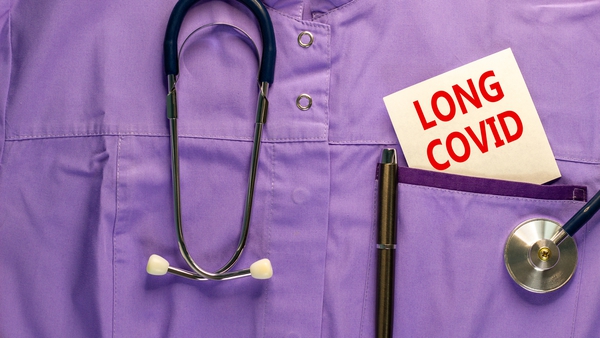The Health Service Executive's Winter Plan to reduce overcrowding proposes curtailing outpatient appointments, planned in-patient and day case procedures, and routine community activity to free up hospital capacity.
The plan, which was published today, adds that scheduled diagnostic tests can be cut back, where clinically appropriate, to create capacity for unplanned tests.
The HSE is also looking to make arrangements with some private hospitals and facilities for access to diagnostics and in-patient beds for post-trauma surgery patients and for step-down beds.
The plan suggests scheduling some extra emergency theatre lists and redeploying staff from scheduled work to deal with unscheduled demand.
We need your consent to load this rte-player contentWe use rte-player to manage extra content that can set cookies on your device and collect data about your activity. Please review their details and accept them to load the content.Manage Preferences
This is to manage the expected increase in demand for trauma and orthopaedics over the winter months.
The plan will particularly focus on a four-week period from 17 December to 13 January.
It will target nine hospital sites, along with their associated community healthcare organisations.
The targeted hospitals are: Tallaght, St Vincent's University Hospital and the Mater in Dublin.
Hospitals in Galway, Limerick, Cork, Waterford, Tullamore and Naas are also targeted.
The plan proposes increasing diagnostic access for GPs for acute cases, to reduce emergency admissions and extending the hours of service in some acute hospitals.
A community representative, on site in acute hospitals, will assist in helping with the timely discharge of patients, where community supports are required.
An extra 300 home support packages will be issued before the end of the year and a further 290 home support packages will be provided early next year to help free up beds.
As already announced, Winter Ready Clinics in the community will target at-risk groups, such as older people and people with chronic diseases.
This will mostly involve existing clinics "refocusing" their attention on the elderly and those at-risk.
Clinics will offer a range of services such as the flu vaccine, winter ready advice and routine health checks.
Local injury units, minor injury units and some primary care centres are to have extended opening hours.
The highest number recorded on a single day awaiting admission was 714 patients on 12 March earlier this year.
The Irish Nurses and Midwives Organisation has said that already this is the worst year for overcrowding, with 100,000 patients so far recorded as affected by overcrowding.
The figures are disputed by the HSE, which has insisted that trolley numbers have improved each month since April.
The INMO said today that there are 438 patients waiting admission to a hospital bed with 54 patients waiting at University Hospital Limerick and 49 at University Hospital Galway.
Minister for Health Simon Harris has warned that this winter will be challenging.
So far, influenza levels remain low.
The Deputy Director General of the Health Service Executive has urged people to fill prescriptions with their GPs before Christmas and to attend the GP out-of-hours service for urgent care only over the holiday period.
Speaking on RTÉ’s News at One, Anne O'Connor said that hospitals are already operating at 95% capacity coming into winter, so plans are under way to divert people from hospitals and treat them in other facilities where possible.
She said that as Christmas Day falls on a Tuesday, GP practices will be open on Monday, Thursday and Friday, which should ease the necessity for people to attend emergency departments.
While flu numbers are low so far this winter season, she warned this year's strain of flu is the H1N1 virus which can lead to more high dependency care in beds and can impact younger people.






